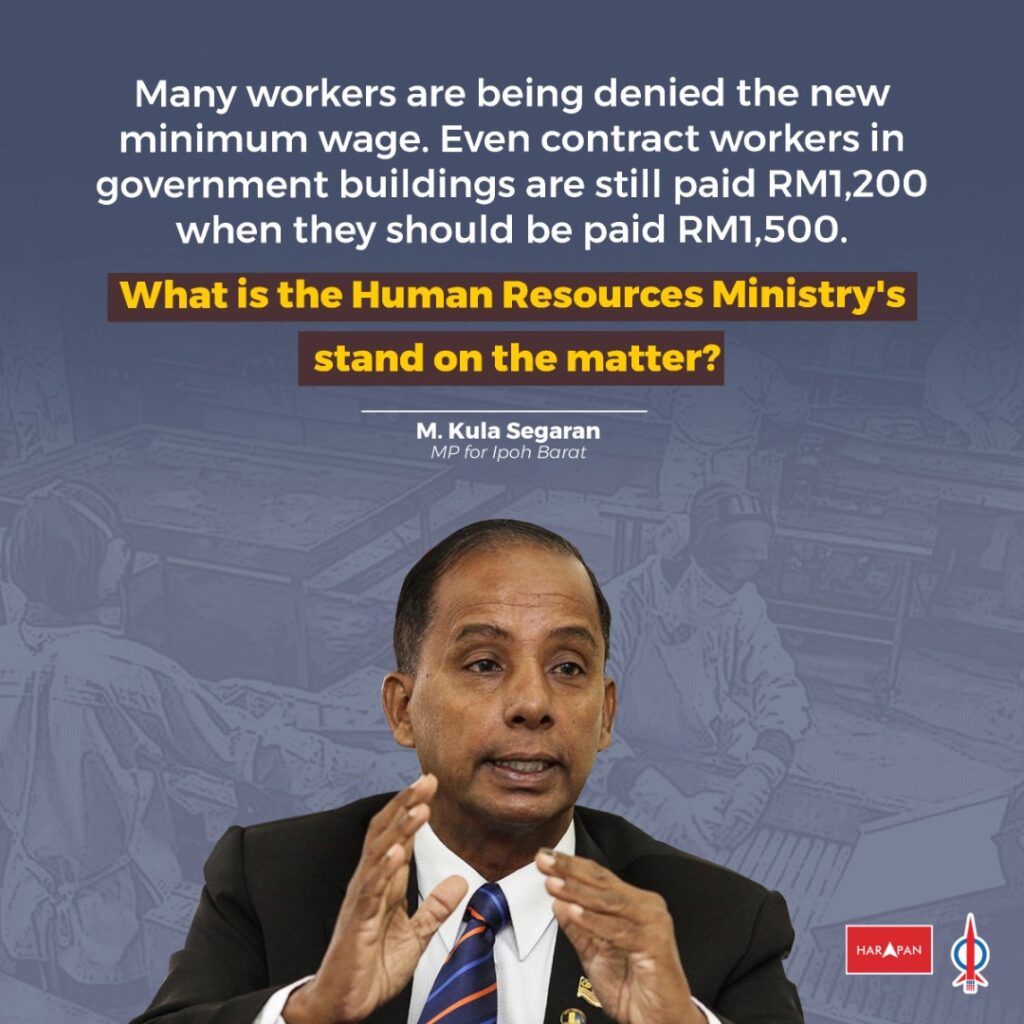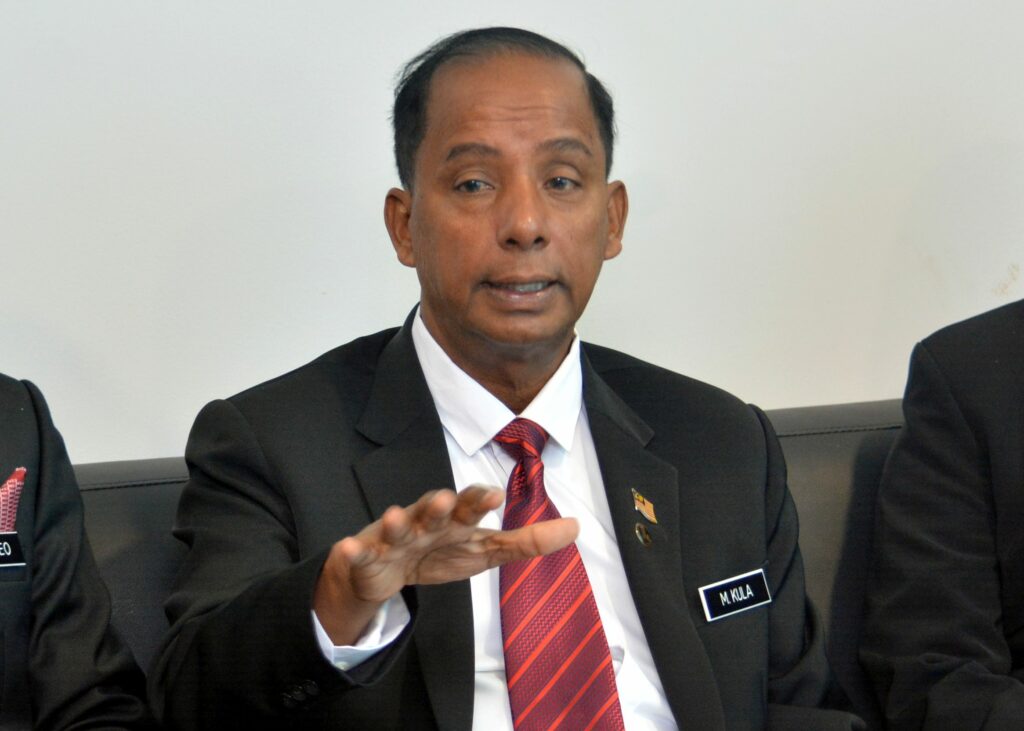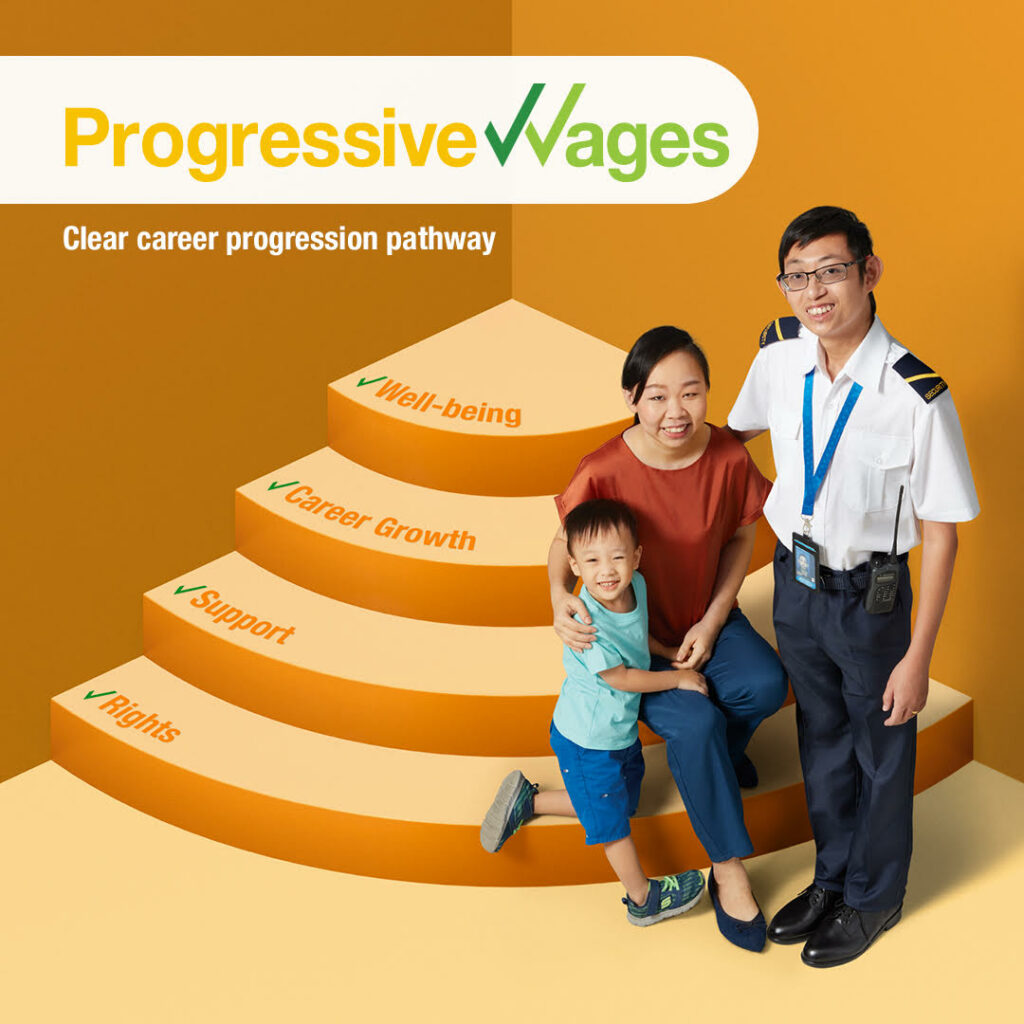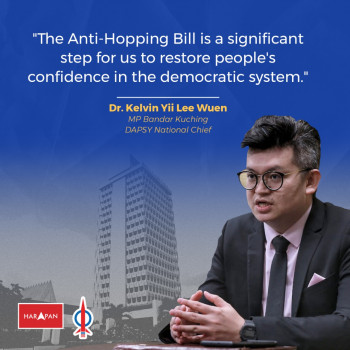
The inconsistent stand by the government regarding Minimum Wage has revealed some unjust consequences.
While the Government is contemplating reintroducing the GST that would reinforce the financial burden of the B40 and M40 community, there is lack of firmness in ensuring the minimum wage is complied.
The people are already suffering from food inflation and an overall high cost of living.
Providing subsidies to minimise effects of low income while necessary currently, is no real substitute in the long run for decent wages and opportunities for training and development, that would empower the workforce and bring about productivity gains that would minimise the impact of inflation and improve the overall wellbeing of the workforce .
Currently many workers are being denied the new minimum wage. Contract workers in government buildings are still paid RM1,200 when they should be paid the new minimum wage of RM1,500.
Where is the Human Resources Ministry’s stand on the matter?

The non-compliance now is so obvious. The government must go all out to enforce the new Minimum Wage.The government has to step in if these employers blame “contractual obligations” as a reason they are not increasing these wages. Government must come up with a plan. Malaysia’s payment of wages compared to many other countries is much lower. We are nowhere close.
In fact Bank Negara Malaysia (BNM) had previously defined the living wage, in 2018, as the level of income needed for a household to afford a minimum acceptable standard of living and indicated that the living wage in Kuala Lumpur for a single adult was RM2,700. For a couple without a child, it would be RM4,500, and for a couple with two children, it would be RM6,500.
It is high time that the government deliberate on more progressive ideas like that of Singapore’s Progressive Wage Model (PWM), where it cultivates a drive to increase wages of workers through upgrading skills and improving productivity.

In current minimum wage policy are all employers compelled to pay the minimum wage off 1.5k or are there some exemptions? If exemptions were given what criteria was used and how many employers were given exceptions. Will a name list be provided for all to know which employers have been exempted?
Enough of moving backwards, the government must push forward. If we do not do something, we can soon see our workers working in countries like Vietnam and Indonesia where wages have drastically improved over the years.
M Kula Segaran,
MP for Ipoh Barat



